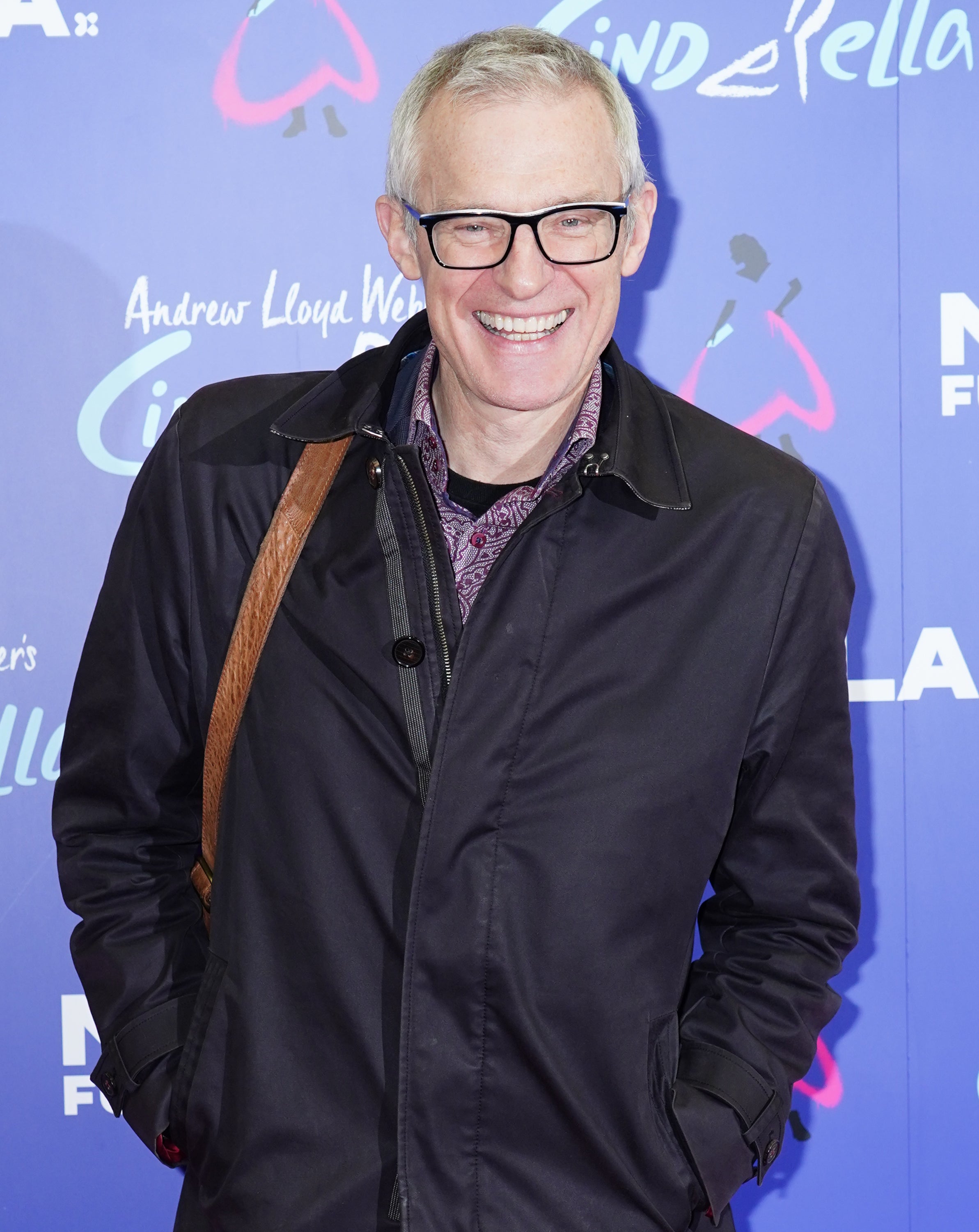Jeremy Vine: BBC impartiality ruling exposes vilification of cyclists in my area
The Radio 2 presenter was recently found to have breached the BBC’s impartiality policy for voicing his support for low traffic neighbourhoods.

Your support helps us to tell the story
From reproductive rights to climate change to Big Tech, The Independent is on the ground when the story is developing. Whether it's investigating the financials of Elon Musk's pro-Trump PAC or producing our latest documentary, 'The A Word', which shines a light on the American women fighting for reproductive rights, we know how important it is to parse out the facts from the messaging.
At such a critical moment in US history, we need reporters on the ground. Your donation allows us to keep sending journalists to speak to both sides of the story.
The Independent is trusted by Americans across the entire political spectrum. And unlike many other quality news outlets, we choose not to lock Americans out of our reporting and analysis with paywalls. We believe quality journalism should be available to everyone, paid for by those who can afford it.
Your support makes all the difference.Jeremy Vine has said he is “grateful” for the BBC’s impartiality ruling against him as he feels it has exposed the “personal vilification of cyclists” in his area by a Facebook page.
In a recent ruling, the broadcaster found that the Radio 2 presenter, 57, was in breach of its impartiality policy for voicing his support for low traffic neighbourhoods (LTNs).
Vine, an avid cyclist, has repeatedly backed the introduction of the scheme in his area of Chiswick and criticised campaign groups against it on his social media.
In response, a campaigner against the introduction of an LTN in Chiswick complained to the BBC that the broadcaster represented “a campaign of abuse” against the group.
They also claimed he was in breach of the BBC’s impartiality rules as he was giving his opinion on a controversial matter in a manner inappropriate for “a journalist who should be non biased”.
Following an investigation, the broadcaster’s editorial complaints unit sided with the campaigner and concluded Vine did breach impartiality rules.
The ruling stated that Vine’s Twitter posts “appeared to endorse one viewpoint on that topic and controvert another”, and that this was “inconsistent with the BBC’s editorial standards” which applied to him.
However, the complaint was only partly upheld as the ruling added that the presenter had been primarily responding to posts from the Facebook group which had been “wishing him harm and describing him in opprobrious terms”.
The complaints unit stated that Vine was “entitled to object to such personal abuse” and as he did so “in terms which were not themselves abusive”, his tweets were deemed not in breach of the BBC’s guidance in this respect.
Following the ruling, Vine wrote in a statement shared on Twitter: “I’m grateful for the impartiality ruling by the Editorial Complaints Unit of the BBC.
“Most importantly, the ruling identified the complainant as the person who ‘superintends’ a west London Facebook page which has spent years targeting named local cyclists, like me, with abuse.
“By accident or design, the complainant’s role in the personal vilification of cyclists in my area – ‘wishing me harm’ – has been exposed by the BBC ruling, which goes on to confirm that the abuse was all one-way, and I never responded in kind.
“Secondly, the judgment is about comments I have made about LTNs. I understand that I am still allowed to praise cycle lanes, which are different. I can certainly praise the cycle lane which runs down the end of my street.
“I’m happy to accept that I should not praise LTNs that I haven’t used myself. This is helpful guidance for me.”